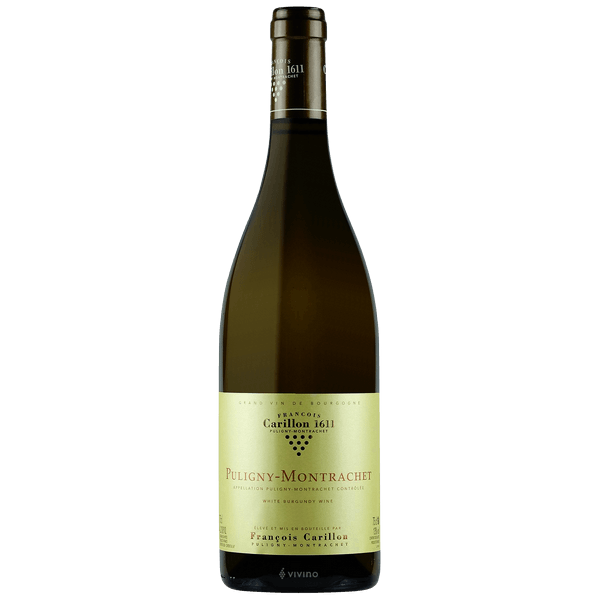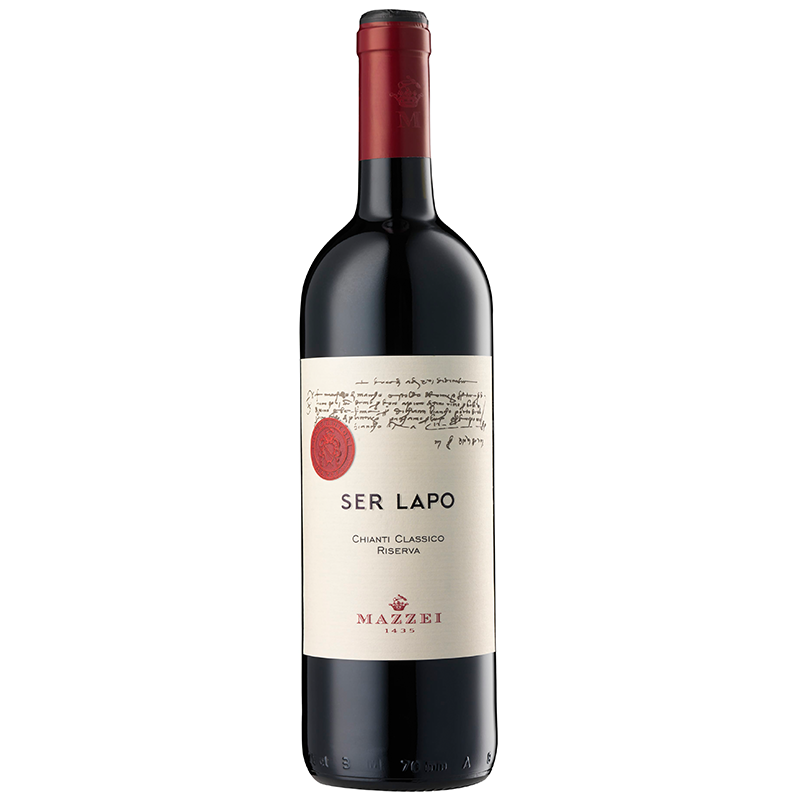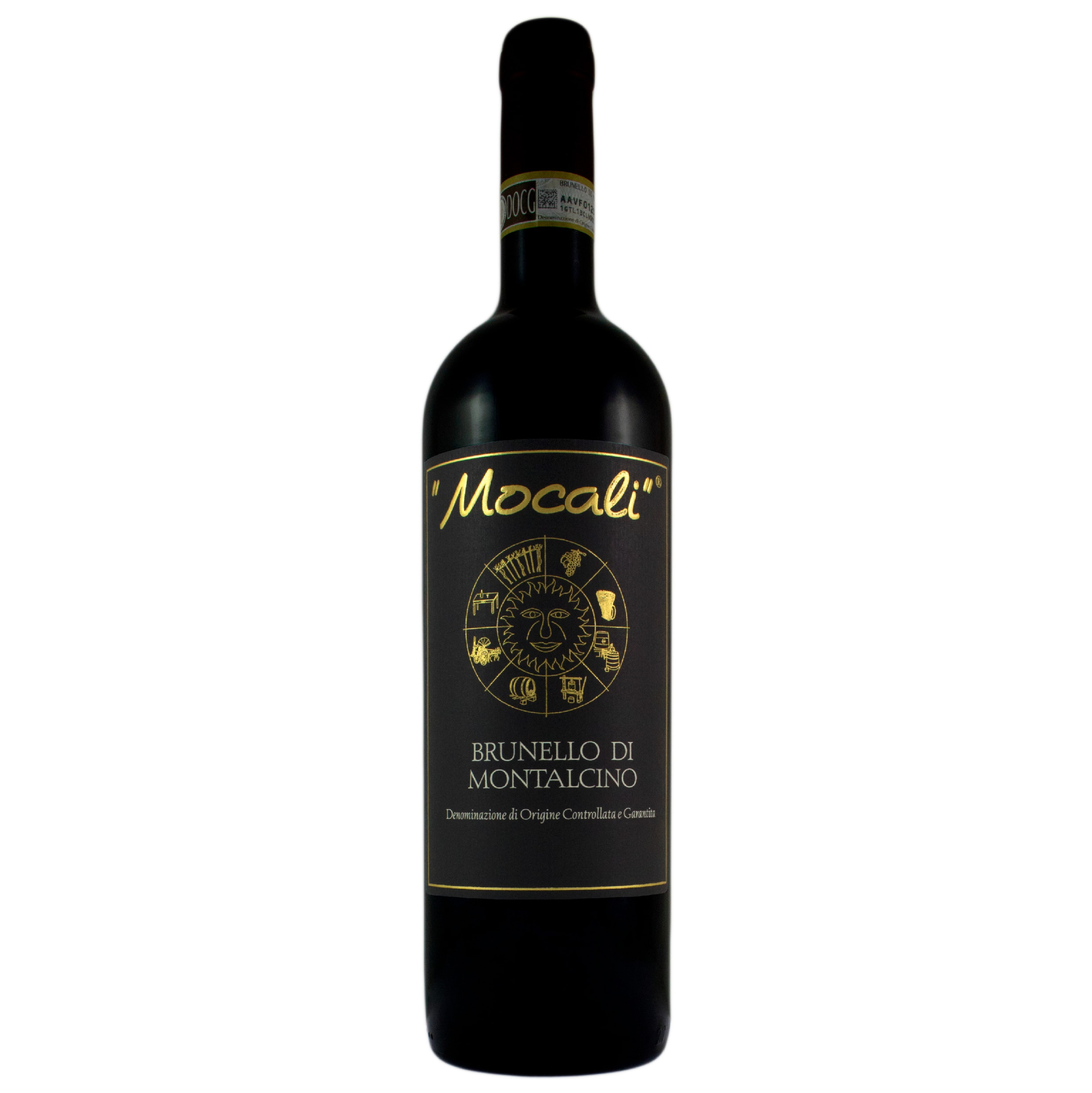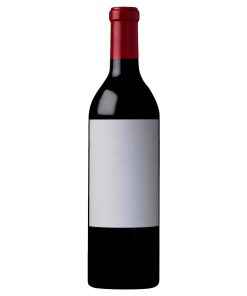2020 Francois Carillon Chassagne-Montrachet
2020 Francois Carillon Chassagne-Montrachet The primary aromas of this white Burgundy are ample, with notes of white stone fruit highlighted by a summery minerality. Generous and flexible, it is a crowd-pleaser that can be enjoyed upon release. The vinification is done in the traditional Burgundian style, with fermentation taking place in small oak casks. The 2020 wine is aged in Allier oak.
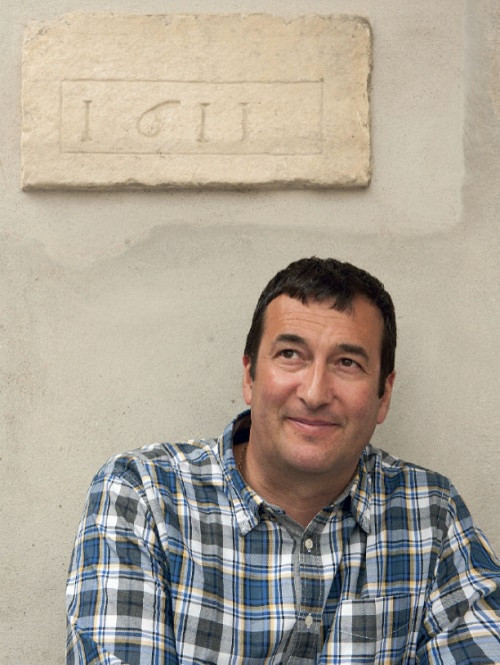
The Carillon family have been growing grapes in Puligny-Montrachet for almost 500 years. Old written sources found in Puligny narrate the life and work of Jean Carillon as early as 1520. His family continued farming the land and the vineyard until the phylloxera crisis, which occurred in the late nineteenth century. Prosper and Jeanne Carillon then had to leave the region and work near Paris to provide for their needs, but soon returned for the love of the land and farming vines. The entire estate was replanted after the First World War. In the 1960s, polyculture and livestock breeding were abandoned in favor of the almost exclusive culture of Chardonnay by Louis Carillon.
François started looking after the family vineyards in 1988 and worked together with his father Louis and brother Jacques until 2010, when the estate was split between the two brothers.
Since 2010 and the creation of his own wine estate, François Carillon became a renown reference in Puligny-Montrachet for the refinement of his wines. Supported by a dynamic and cohesive team of a dozen people, François deploys his energy and enthousiasm to constantly increase his products’ quality and elegance, thus pursuing the development of the family affair with as much ardor as in his early days. He ensures the future of the vineyard by transmitting his know-how and love of his work to his four children.
Chardonnay Wine
Chardonnay is the world’s most famous white-wine grape and also one of the most widely planted. Although the most highly regarded expressions of the variety are those from Burgundy and California, many high-quality examples are made in Italy, Australia, New Zealand and parts of South America.
Describing the flavors of Chardonnay is not easy. While many Chardonnay wines have high aromatic complexity, this is usually due to winemaking techniques (particularly the use of oak) rather than the variety’s intrinsic qualities. Malolactic fermentation gives distinctive buttery aromas. Fermentation and/or maturation in oak barrels contributes notes of vanilla, smoke and hints of sweet spices such as clove and cinnamon. Extended lees contact while in barrel imparts biscuity, doughy flavors. Because of this high level of winemaker involvement, Chardonnay has become known as the “winemaker’s wine”.
The variety itself (although often said to be relatively flavor-neutral) is responsible for most of the fruity flavors found in Chardonnay wines. These range from the tropical (banana, melon, pineapple and guava) to stonefruits (peach, nectarine and apricot), citrus and apples.
Related products
2022 Francois Villard Les Contours de Deponcins Viognier 2022 Francois Villard Les Contours de Deponcins Viognier: On the nose, this wine offers aromas of citrus, apricot, honey and menthol notes. Then, the aniseed and spicy notes develop. On the palate, the wine retains a beautiful straightness, a light fatness as well as a beautiful maturity and an [...]
Chateauneuf-du-Pape
2017 Domaine Berthet Rayne Chateauneuf-du-Pape Cuvee Cadiac 2017 Domaine Berthet Rayne Chateauneuf-du-Pape Cuvee Cadiac Fresh blackcurrant, licorice and flowers on the nose. Juicy, fresh and intensely flavored, with firm acids contributing to the impression of backbone. Quite aromatic in the mouth. Whereas northern Rhône wines are produced primarily from Syrah, Viognier, Marsanne, and Roussanne, southern Rhône believes in more diversity. Wines [...]
Chateauneuf-du-Pape
2020 Domaine Berthet Rayne Chateauneuf-du-Pape Rouge 2020 Domaine Berthet Rayne Chateauneuf-du-Pape Rouge Aromas of plums, cassis, and cherries presented in a medium bodied, spicy style with beautifully pure fruit, a savory mouthfeel, moderate but ripe, sweet tannin, and a long finish. VARIETAL COMPOSITION: 65% Grenache Noir, 20% Mourvèdre, 10% Cinsault, 5% Syrah. TERROIR: The estate [...]
2019 Laurent Martray Cote de Brouilly Les Feuillees 2019 Laurent Martray Cote de Brouilly Les Feuillees is especially compelling, unfurling in the glass with aromas of cherries, wild berries, warm spices, peonies, licorice and orange rind. Medium to full-bodied, layered and multidimensional, it’s velvety and concentrated, with lively acids and a long, resonant finish. This [...]
